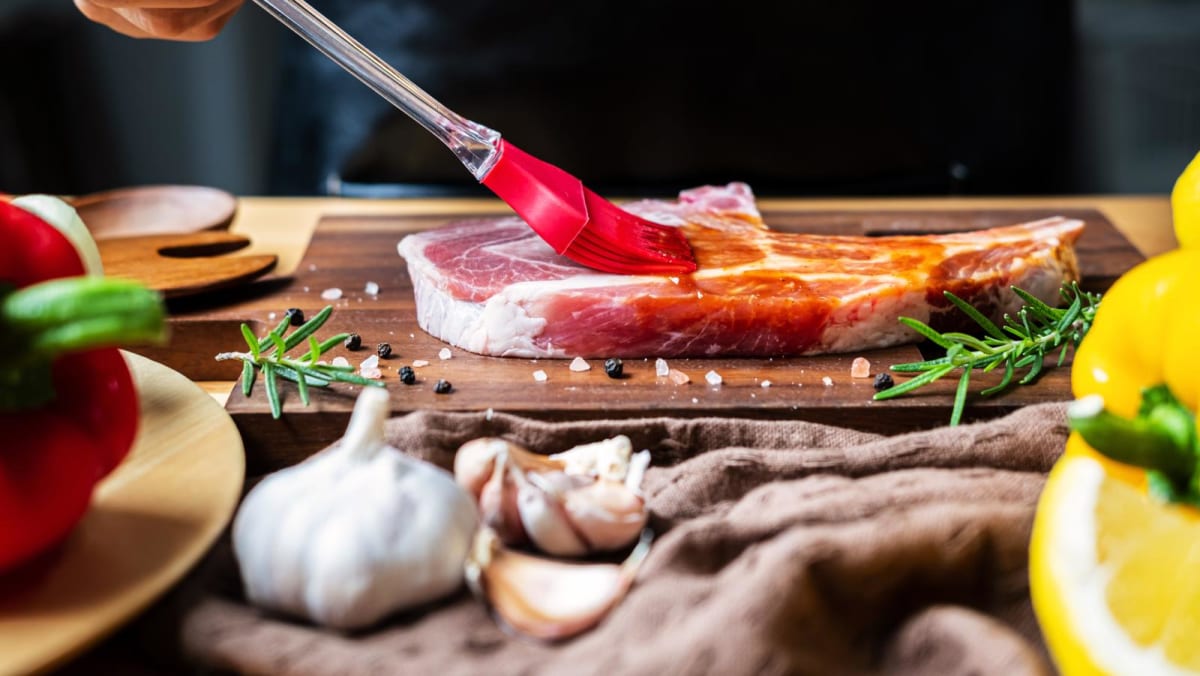Broken down into meals, this might look like:
- Breakfast: Chickpea scramble = 1.5 fist-sizes of protein
- Morning tea: Greek yoghurt and a handful of nuts
- Lunch: Beef stir fry = 1 fist-size of protein
- Afternoon tea: Hummus, veggie sticks and one boiled egg
- Dinner: Lentil and beef bolognese, and salad = half a fist-size of protein.
WHAT HAPPENS WHEN WE CONSUME TOO MUCH PROTEIN?
The wellness industry may make you think you’re not getting enough protein. But for most people, we are fixating on a problem that doesn’t exist. In fact, you can get too much, when at levels of greater than 2g per kilo of body weight per day.
A diet excessively high in protein can lead to nutritional deficiencies that can result in poor immune function, fatigue and a decrease in bone density because you’re likely to lose out on other nutrients.
High meat intake, particularly processed meats, may also increase our risk of cancer and heart disease, and can come with a surplus of energy that leads to weight gain.
BALANCE IS KEY
Aim for a diet balanced across all of the macronutrients we need: Wholegrain carbohydrates, healthy fats and protein.
As a guide, aim to fill a quarter of your plate with lean protein (lean meat, poultry, fish, eggs, tofu, nuts, seeds, legumes or beans), a quarter with wholegrain carbohydrates and the rest with vegetables and fruits.
And avoid those unnecessary, protein-boosted foods and supplements – your health, weight and hip pocket will thank you for it.
Nick Fuller is Clinical Trials Director, Department of Endocrinology, RPA Hospital, University of Sydney. This commentary first appeared in The Conversation.
